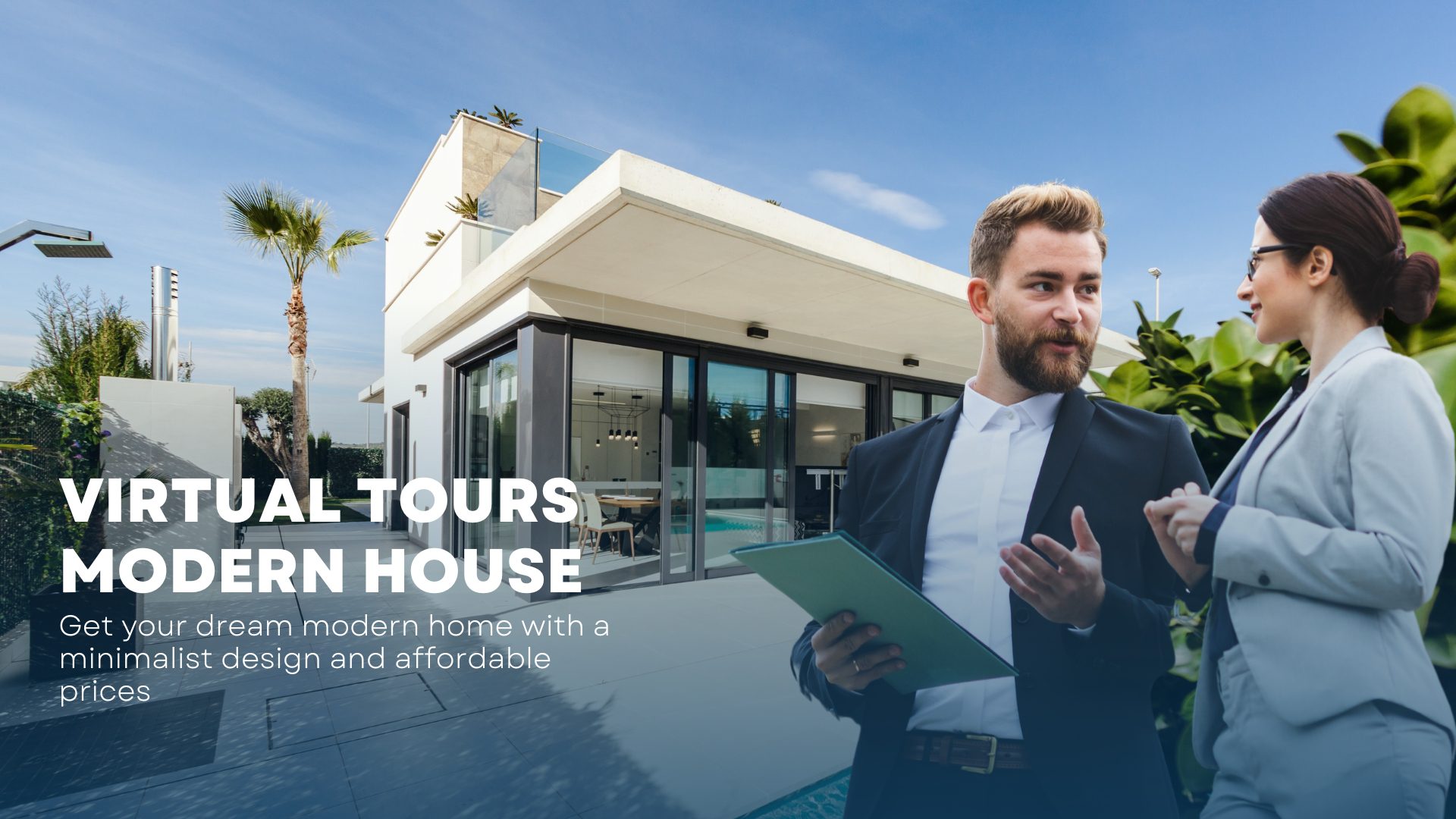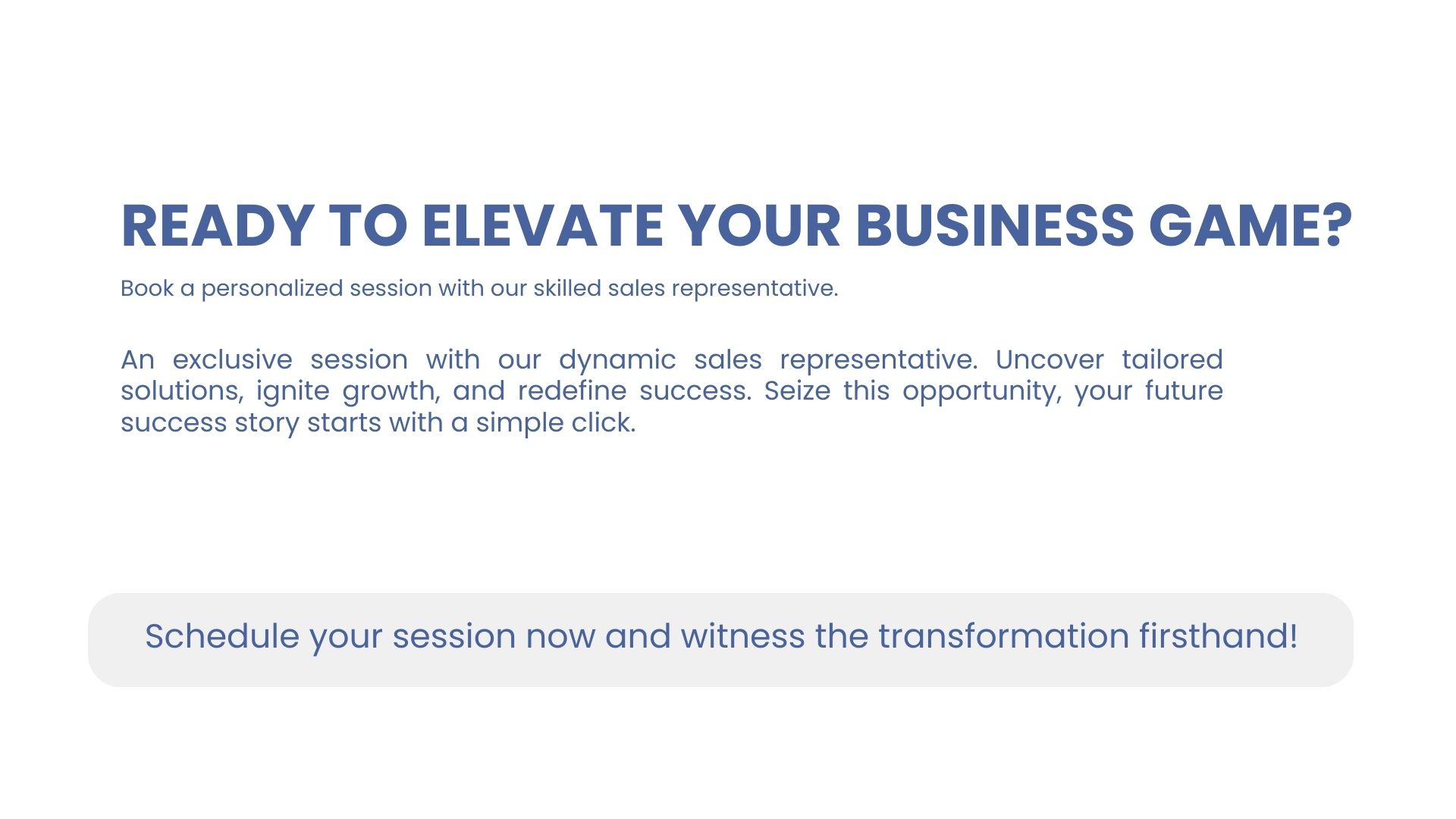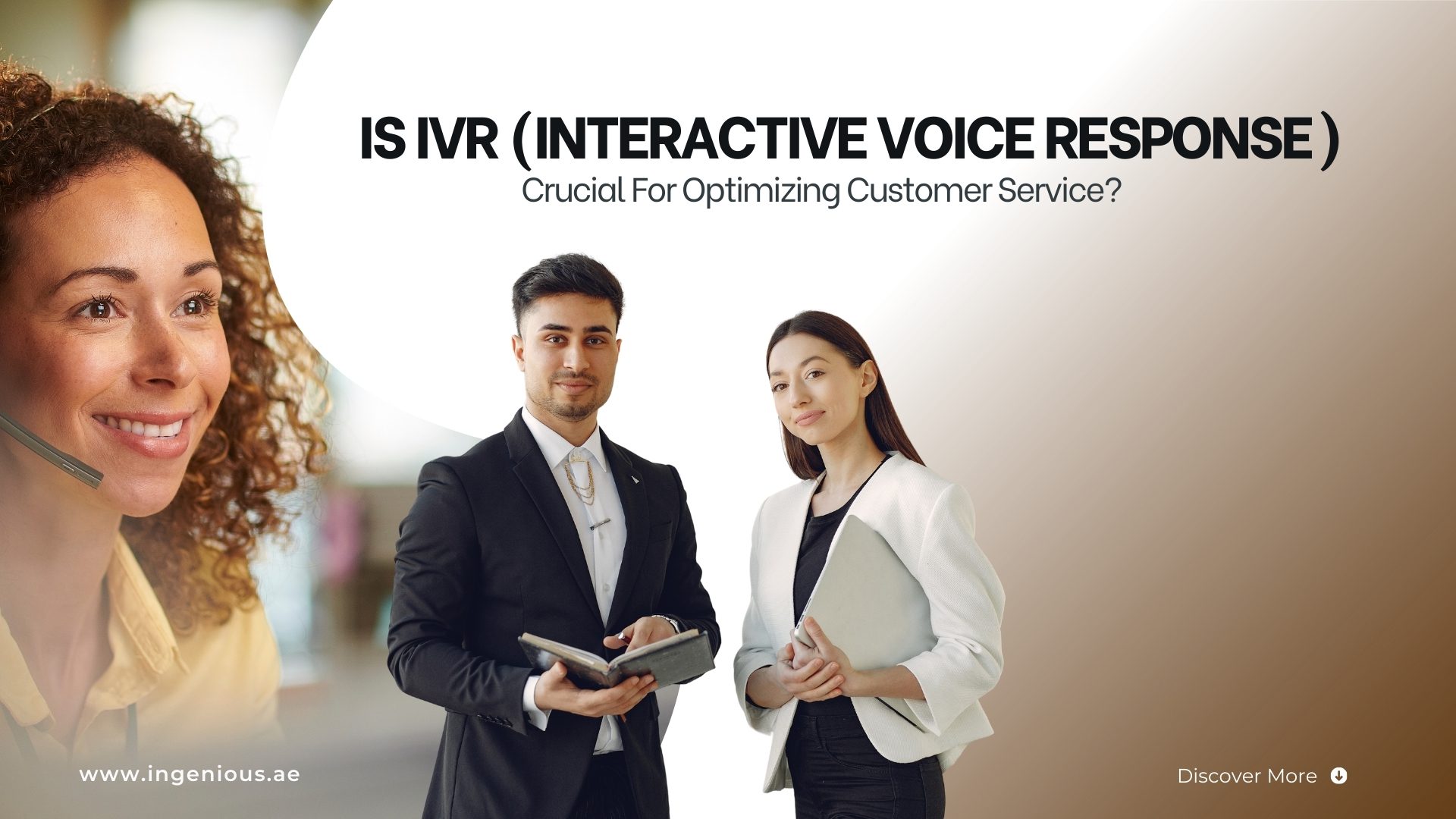
The Role of Lead Generation in Real Estate: A Professional Perspective
Lead generation serves as the cornerstone of business growth and client acquisition. In this discourse, we dig into the strategic significance of lead generation within the real estate sector and illuminate its profound implications for professionals seeking to fortify their market presence and enhance client outreach.
These methods encompass:
– Conducting Open Houses

- Prepare the Property, Ensure the property is clean, decluttered, and well-maintained. Ensure any required repairs or enhancements are completed to boost its attractiveness.
- Promote the open house through various channels such as online listings, social media platforms, real estate websites, flyers, and signage in the neighbourhood.
- Choose a convenient date and time for the open house, typically on weekends when most people are available to attend.
- Prepare informational materials such as brochures or flyers detailing the property features, amenities, and any special selling points.
- Greet attendees warmly as they arrive and provide them with any relevant information about the property.
- Consider offering light refreshments such as water, snacks, or beverages to make visitors feel welcome and comfortable.
- Guide visitors through the property, highlighting its key features and answering any questions they may have.
- Allow visitors to explore the property at their own pace, but be available to provide assistance or answer questions as needed.
- Encourage visitors to provide feedback on the property, which can be valuable for improving future open houses or adjusting the marketing strategy.
- After the open house, follow up with attendees to gauge their level of interest and address any further questions or concerns they may have.
- Assess the success of the open house based on factors such as attendance, feedback, and any resulting offers or inquiries.
– Participating in local community events
- Research local community events that align with your target market and interests.
- Determine what you hope to achieve by participating in each event. Whether it’s increasing brand awareness, networking with potential clients, or showcasing your expertise, having clear goals will help you maximize your efforts.
- Create eye-catching promotional materials such as flyers, brochures, business cards, or branded giveaways to distribute during the event. Ensure that your materials include your contact information and details about your real estate services.
- Actively engage with event attendees by striking up conversations, offering helpful advice or information related to real estate, and listening to their needs and concerns. Be approachable, friendly, and genuine in your interactions.Offer valuable insights or resources related to real estate that can benefit attendees. This could include tips for homebuyers, market updates, or information about local neighbourhood’s and amenities.
- Position yourself as a knowledgeable expert in real estate by sharing your insights and expertise during discussions or presentations at the event. This approach can aid in establishing trust and credibility among potential clients.
- Take advantage of networking opportunities at the event to connect with other professionals in related industries, such as mortgage brokers, home inspectors, or interior designers. Building relationships with these individuals can lead to valuable referrals in the future. Have a method in place for collecting contact information from interested attendees, such as a sign-up sheet or digital lead capture tool. Follow up with these contacts after the event to nurture relationships and explore potential business opportunities.
– Providing virtual tours

- Start by investing in high-quality equipment such as a 360-degree camera or a DSLR camera with wide-angle lenses to capture detailed images and videos of the property. Select a suitable platform for hosting your virtual tours, such as a dedicated website, real estate listing websites, or virtual tour software platforms.
- Capture comprehensive content of the property, including both interior and exterior spaces, using photos, videos, and 360-degree panoramic images. Ensure that you highlight key features, amenities, and unique selling points of the property. Make your virtual tour engaging by incorporating interactive elements such as clickable hotspots, floor plans, and descriptive text to provide additional information about specific areas or features of the property.
- Provide viewers with different perspectives of the property by including aerial shots or drone footage to showcase the surrounding neighbourhood, landscape, and amenities.
- Ensure that the virtual tour is easy to navigate, allowing viewers to move seamlessly through different areas of the property and explore at their own pace. Include intuitive controls for zooming, panning, and rotating the view.
- Consider adding virtual reality (VR) capability to your virtual tours, allowing viewers to experience the property in an immersive way using VR headsets or compatible devices.
- Promote your virtual tours across multiple channels including your website, social media platforms, real estate listing websites, and email marketing campaigns to reach a wider audience.
- Encourage viewer engagement by inviting them to ask questions, provide feedback, or schedule in-person viewings or consultations with you directly through the virtual tour platform.

Book Your Personalised Session Now!
– Engaging in cold calling
- Develop a concise and engaging script that introduces yourself, explains your purpose for calling, and highlights the benefits of working with you as a real estate agent. Practice your script until you feel comfortable and natural delivering it.
- Before making calls, research your target audience to identify potential leads who may be interested in buying, selling, or investing in real estate. This could include recent homeowners, expired listings, or for sale by owner (FSBO) properties.
- Tailor your cold calls by using the prospect’s name and mentioning pertinent details you discovered during your research. This demonstrates that you’ve taken the time to understand their needs and preferences.
- Focus on building rapport with the prospect by being friendly, approachable, and empathetic. Listen actively to their needs and concerns, and offer solutions or assistance that align with their goals.
- Offer valuable insights, advice, or resources related to real estate during your cold calls to demonstrate your expertise and establish credibility. This could include market updates, tips for homebuyers/sellers, or information about local neighborhoods.
- Anticipate common objections that prospects may raise during cold calls, such as not being interested or already working with another agent, and prepare responses to address these objections gracefully without being pushy or aggressive.
- If the prospect expresses interest but isn’t ready to commit immediately, follow up persistently with them via phone calls, emails, or personalized messages to nurture the relationship and stay top of mind until they’re ready to move forward. Technology tools such as customer relationship management (CRM) software, dialer systems, and lead generation platforms to streamline your cold calling processes, organize your contacts, and track your interactions.
- Keep track of your cold calling activities and analyze the results regularly to identify what strategies are working well and where there’s room for improvement. Use this feedback to refine your approach and optimize your efforts over time.
- Cold calling requires persistence and consistency to see results. Set aside dedicated time each day or week for cold calling, and commit to following through consistently to build momentum and generate leads effectively.
Real estate leads are typically categorized into two main groups:
- Inbound marketing leads.
- Outbound marketing leads.
– Lead generation stands as a fundamental driver of sustained business vitality and expansion within the real estate domain.
– It epitomizes the proactive pursuit of prospective clientele, facilitating the cultivation of meaningful relationships and the realization of lucrative transactions.
– Effective lead generation methodologies engender a continuous influx of qualified prospects, thereby underpinning heightened sales performance and revenue augmentation.
Harnessing the Potential of Real Estate Blogging:
– Real estate blogging emerges as a potent conduit for the dissemination of industry insights, market intelligence, and property portfolio showcases.
– This platform affords practitioners the opportunity to establish themselves as authoritative figures, engendering trust and credibility among discerning clientele.
– Through a judicious curation of compelling content, real estate professionals can bolster their online visibility, attract organic traffic, and foster enduring connections with prospective buyers and sellers.
Integration of Lead Generation Strategies into Real Estate Blogging:
- Content Offers:
– By furnishing bespoke resources such as comprehensive guides, market analyses, and investment primers, practitioners can incentivize lead acquisition while imparting value to their audience.
– Tailoring content to address prevalent pain points and elucidate pertinent industry trends serves to captivate and engage discerning readerships.
- Call-to-Action (CTA) Optimization:
– Strategic placement of CTAs throughout blog posts imbues readers with clear directives, encouraging proactive engagement and conversion.
– Articulating persuasive appeals and imbuing CTAs with a sense of urgency heightens their efficacy in eliciting desired responses.
- Email Marketing:
– Leveraging an opt-in subscriber model, real estate professionals can cultivate a repository of engaged leads, nurturing them through targeted email campaigns.
– Tailoring communications to proffer personalized property recommendations, market updates, and exclusive opportunities fosters sustained client interest and engagement.
- Lead Capture Forms:
– Integrating unobtrusive lead capture forms within blog interfaces facilitates seamless data acquisition while preserving user experience integrity.
– Striking a balance between soliciting pertinent information and respecting user privacy instills confidence and encourages active participation in lead generation endeavours.
Exemplary Case Studies and Success Narratives:
– Illustrative case studies elucidating the efficacy of lead generation strategies within real estate contexts offer actionable insights and pragmatic guidance to industry peers.
– By delineating salient methodologies, performance metrics, and resultant outcomes, practitioners can galvanize their peers to adopt a proactive stance towards lead generation integration.
Best Practices and Professional Tenets:
– Consistent delivery of relevant, value-laden content tailored to the discerning preferences and interests of target demographics epitomizes a hallmark of effective lead generation blogging.
– Adherence to best practices in search engine optimization (SEO) and analytics-driven insights empowers professionals to refine their strategies, optimize performance, and attain superior outcomes.
The convergence of lead generation principles with the communicative potential of blogging engenders a potent synergy, catalysing transformative outcomes for astute practitioners. Embracing a strategic ethos underscored by value creation, engagement cultivation, and client-centricity, real estate professionals can forge enduring connections, unlock latent opportunities, and realize the full spectrum of their business potential.






